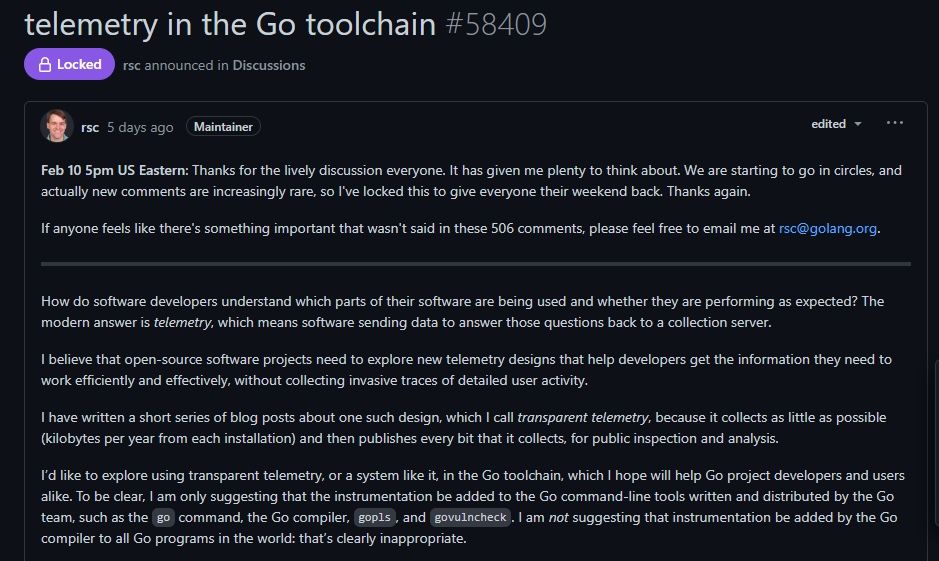Language products (LMs) have offered scientists the skill to make pure language processing programs with a lot less knowledge and at extra superior degrees of knowing. This has led to a escalating subject of “prompting” strategies and lightweight fantastic-tuning methods to make LMs function for new responsibilities. Nonetheless, the difficulty is that LMs can be really sensitive to how you ask them inquiries for each and every task, and this problem results in being a lot more advanced when you have various LM interactions in a single process.
The Equipment mastering (ML) community has been actively exploring procedures for prompting language models (LMs) and developing pipelines to deal with elaborate jobs. Sad to say, existing LM pipelines often rely on tricky-coded “prompt templates,” which are prolonged strings uncovered via demo and error. In their pursuit of a much more systematic tactic to acquiring and optimizing LM pipelines, a staff researchers from numerous institutions such as Stanford, have introduced DSPy, a programming product that abstracts LM pipelines into textual content transformation graphs. These are basically vital computation graphs in which LMs are invoked via declarative modules.
The modules in DSPy are parameterized, which indicates they can learn how to implement combinations of prompting, high-quality-tuning, augmentation, and reasoning approaches by making and accumulating demonstrations. They have developed a compiler to optimize any DSPy pipeline to optimize a specified metric.
The DSPy compiler was made aiming to increase the good quality or expense-efficiency of any DSPy method. The compiler takes as inputs the program itself, alongside with a modest established of coaching inputs that may contain optional labels and a validation metric for general performance evaluation. The compiler’s operation entails simulating diverse versions of the plan making use of the provided inputs and creating case in point traces for each module. These traces provide as a indicates for self-advancement and are used to generate successful couple of-shot prompts or to fine-tune more compact language styles at several stages of the pipeline.
It is crucial to mention that the way DSPy optimizes is pretty flexible. They use some thing identified as “teleprompters,” which are like general tools for making confident every single element of the system learns from the details in the best way doable.
As a result of two case research, it has been demonstrated that concise DSPy plans can express and improve advanced LM pipelines capable of fixing maths phrase complications, managing multi-hop retrieval, answering sophisticated thoughts, and managing agent loops. In a matter of minutes immediately after compilation, just a couple traces of DSPy code empower GPT-3.5 and llama2-13b-chat to self-bootstrap pipelines that outperform common couple of-shot prompting by around 25% and 65%, respectively.
In conclusion, this get the job done introduces a groundbreaking tactic to organic language processing by means of the DSPy programming product and its affiliated compiler. By translating complex prompting approaches into parameterized declarative modules and leveraging general optimization tactics (teleprompters), this investigate provides a new way to develop and improve NLP pipelines with extraordinary efficiency.
Check











